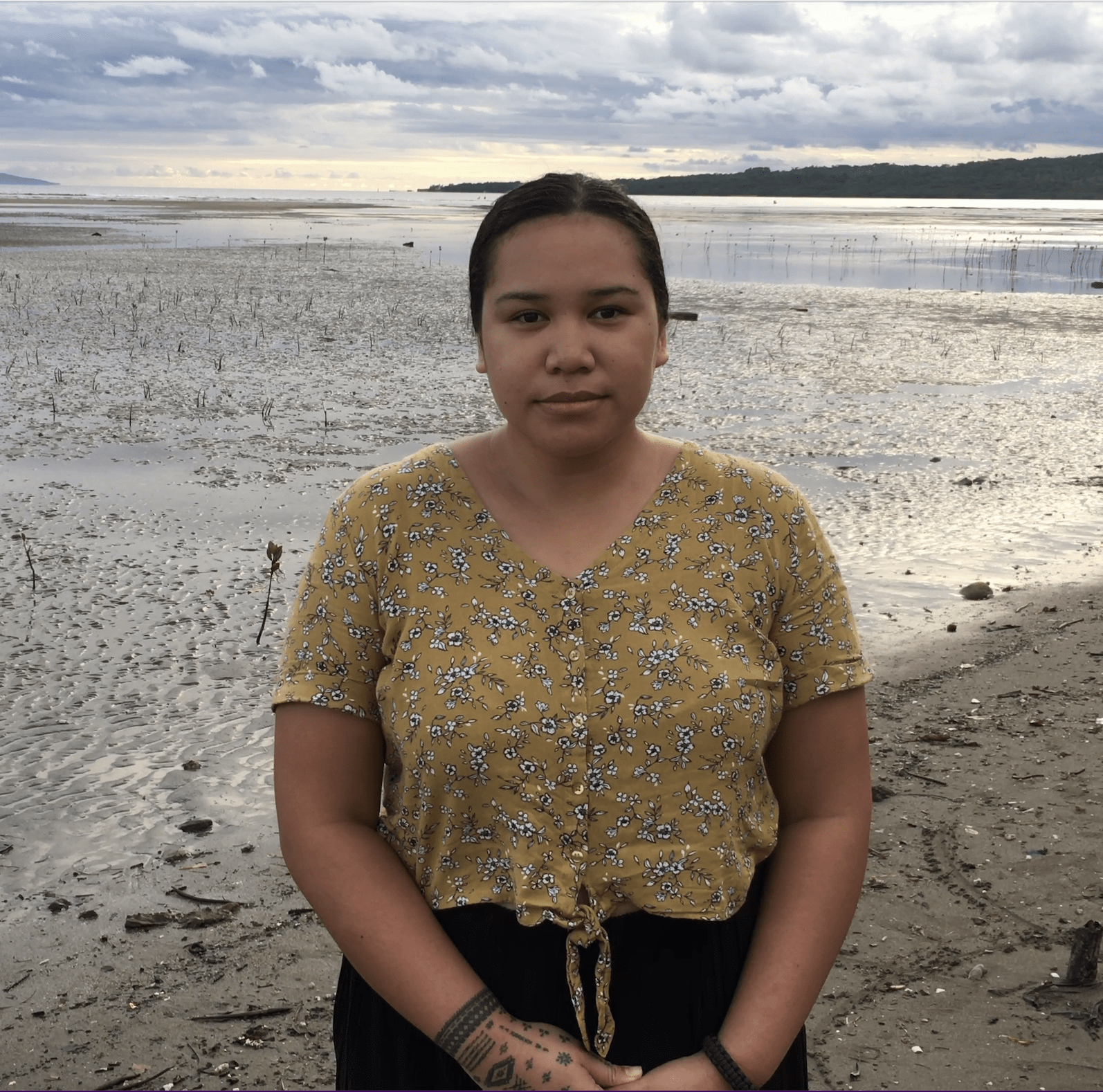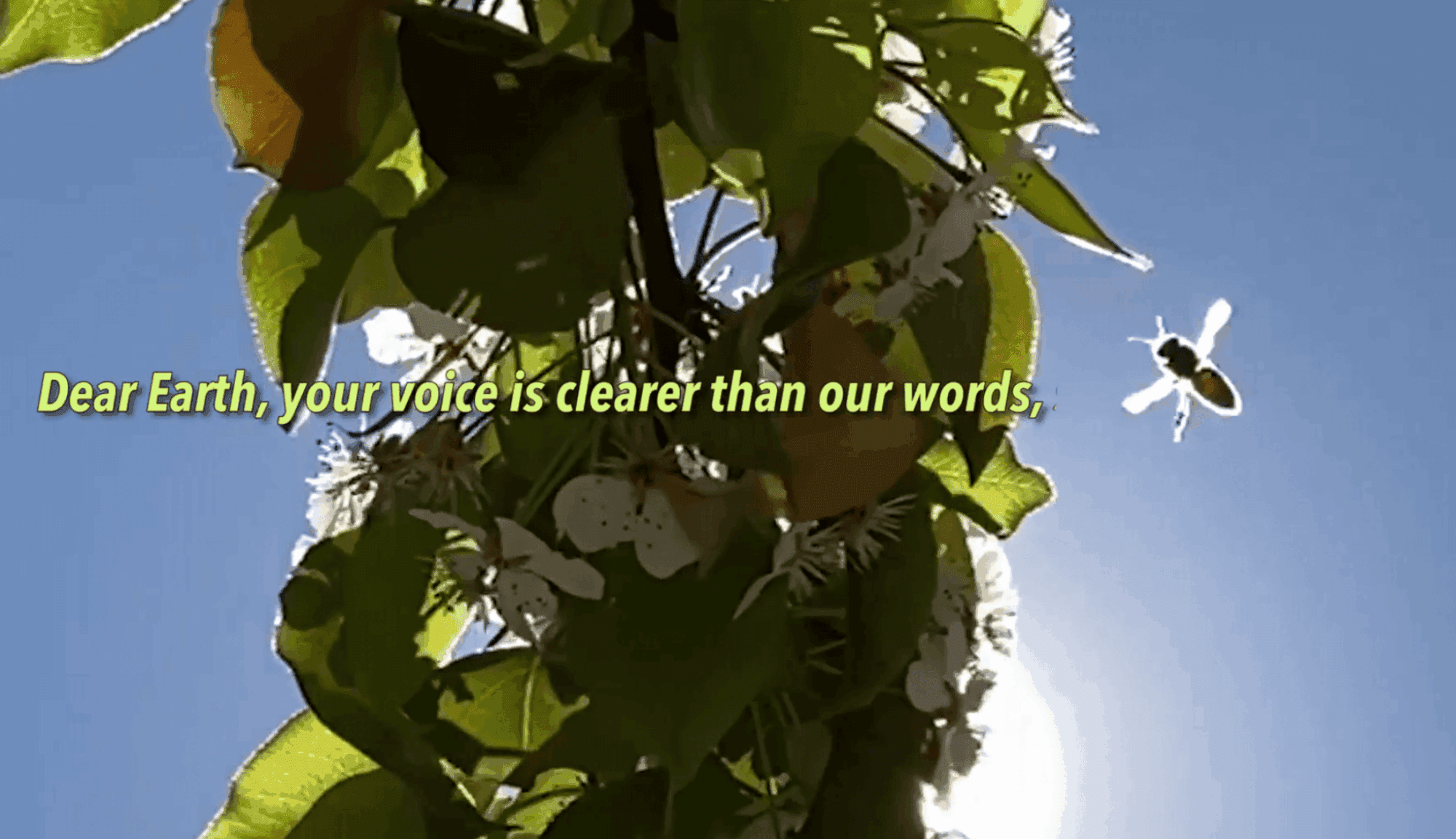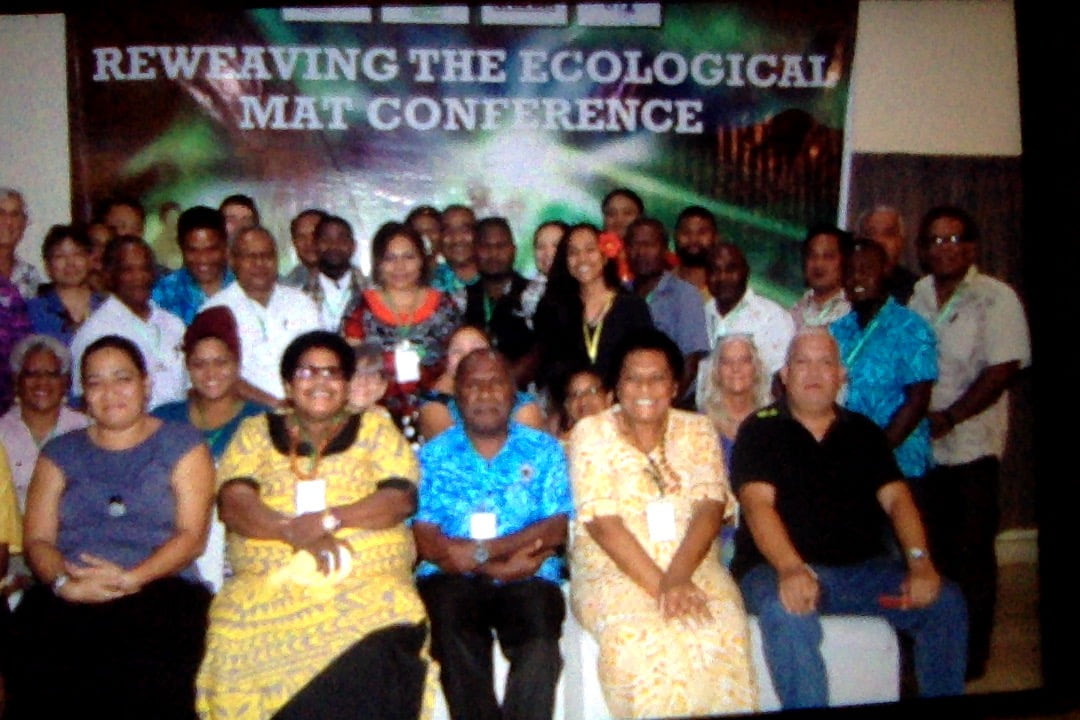Intemerate Accounting is a resilience development program measuring wellbeing and our interactions with our ecological biodiversity.
Expressed as an equation, intemerate accounting provides a tangible, decolonial pathway for local, indigenous, and customary methodologies to integrate with accounting systems.
Intemerate means pure, sacred, sacrosanct. Intemerate accounting measures performance metrics of how to value those interactions.
Rather than assigning commodity values to natural capital as other ecological accounting programs, the intemerate equation measures restoration and revitalization data to attain a fair, just, and equitable economy. Our local interactions with the environment must provide a greater collective value than the private ownership of commodities and natural capital schemes managed by investment regimes.
Ecological biodiversity is sacrosanct. How do we assign a monetary value to that which provides our existence? Commodity values are for markets, not our existence. Shifting national economic indicators to value the data on our environmental and social interactions is the most sensible route for building a restorative economy and locally managing our ecological biodiversity.
Our mission is simple: we seek to bring ecological accounting into the global justice movement.
Intemerate Earth is a registered 501(c)(3) non-profit.



